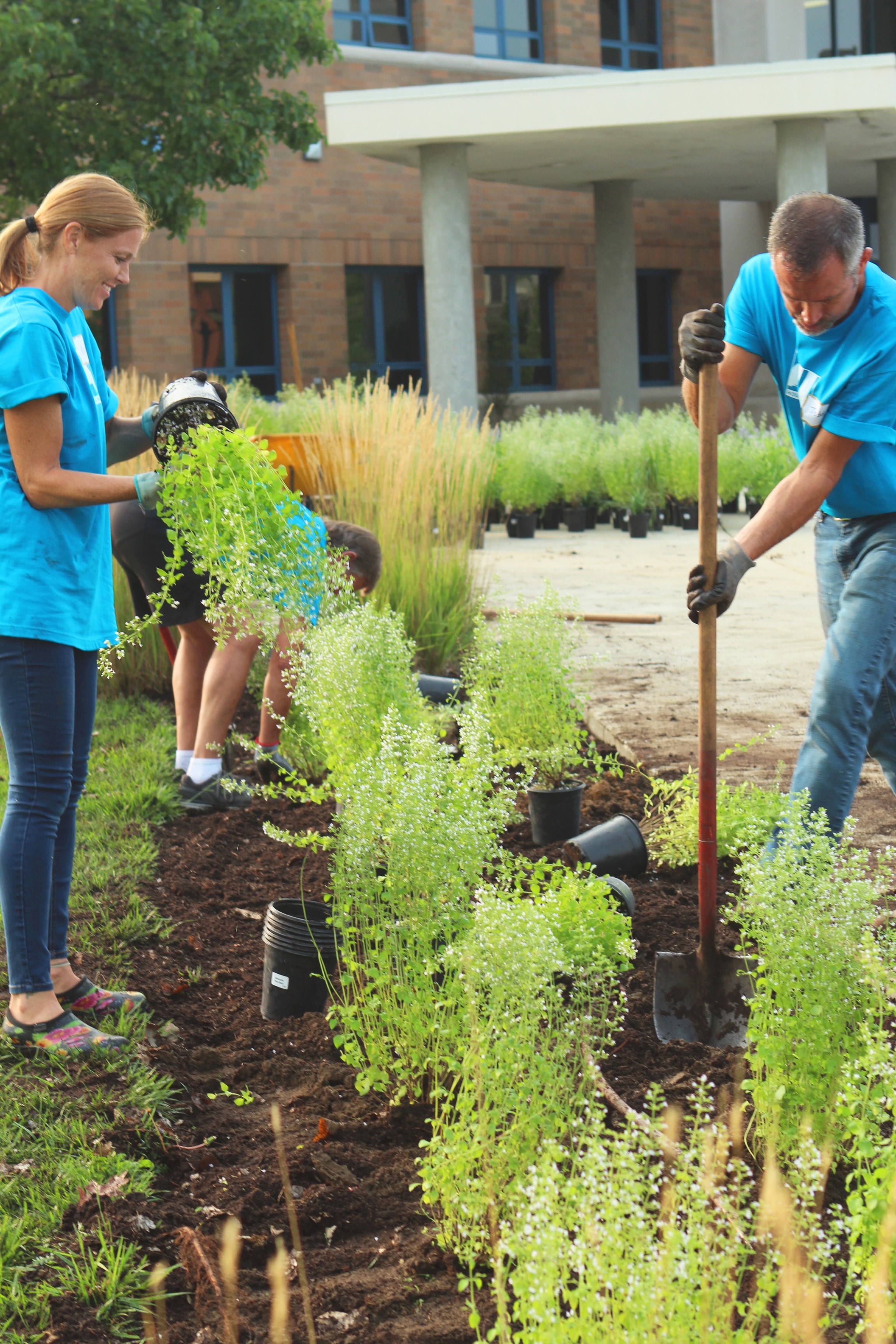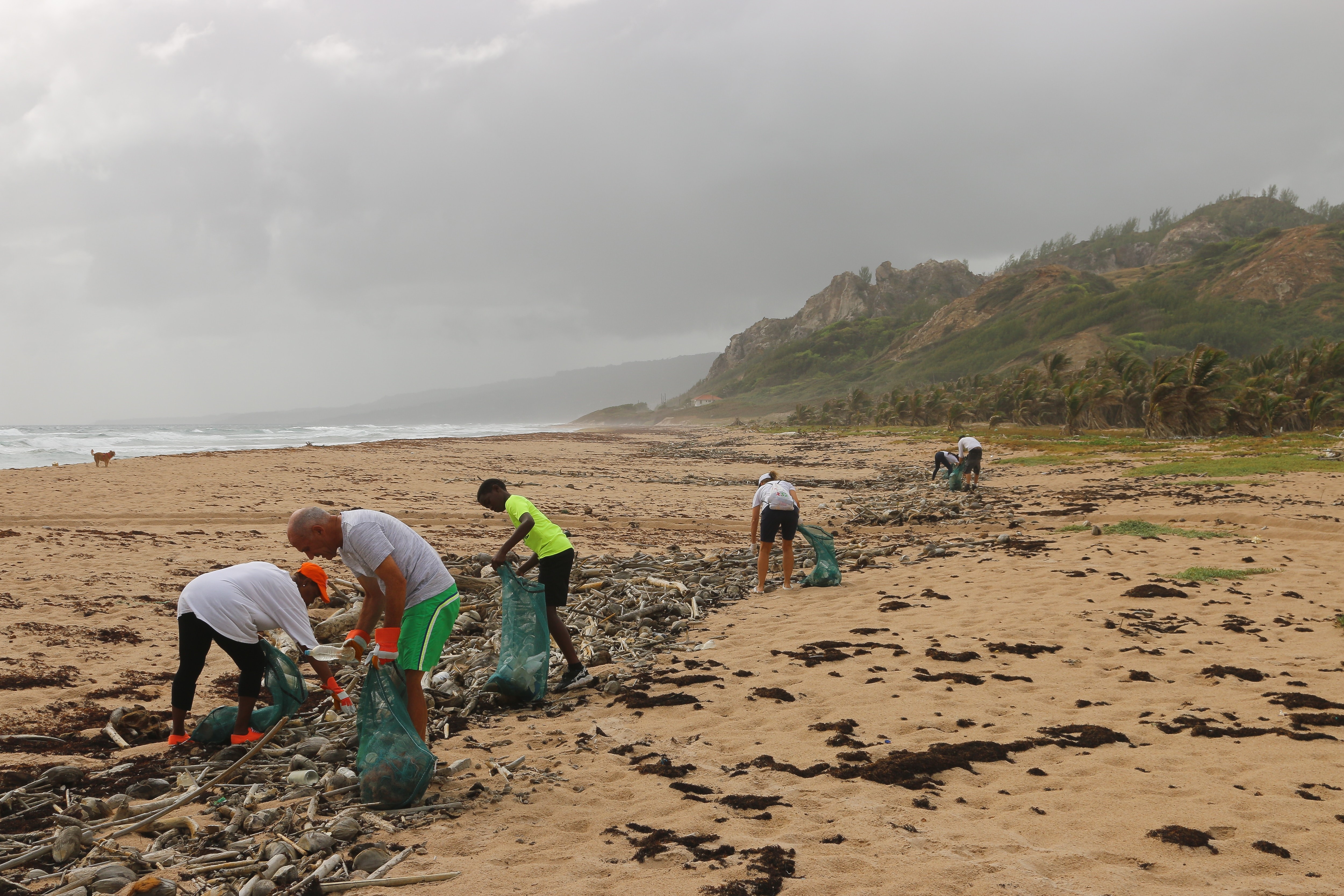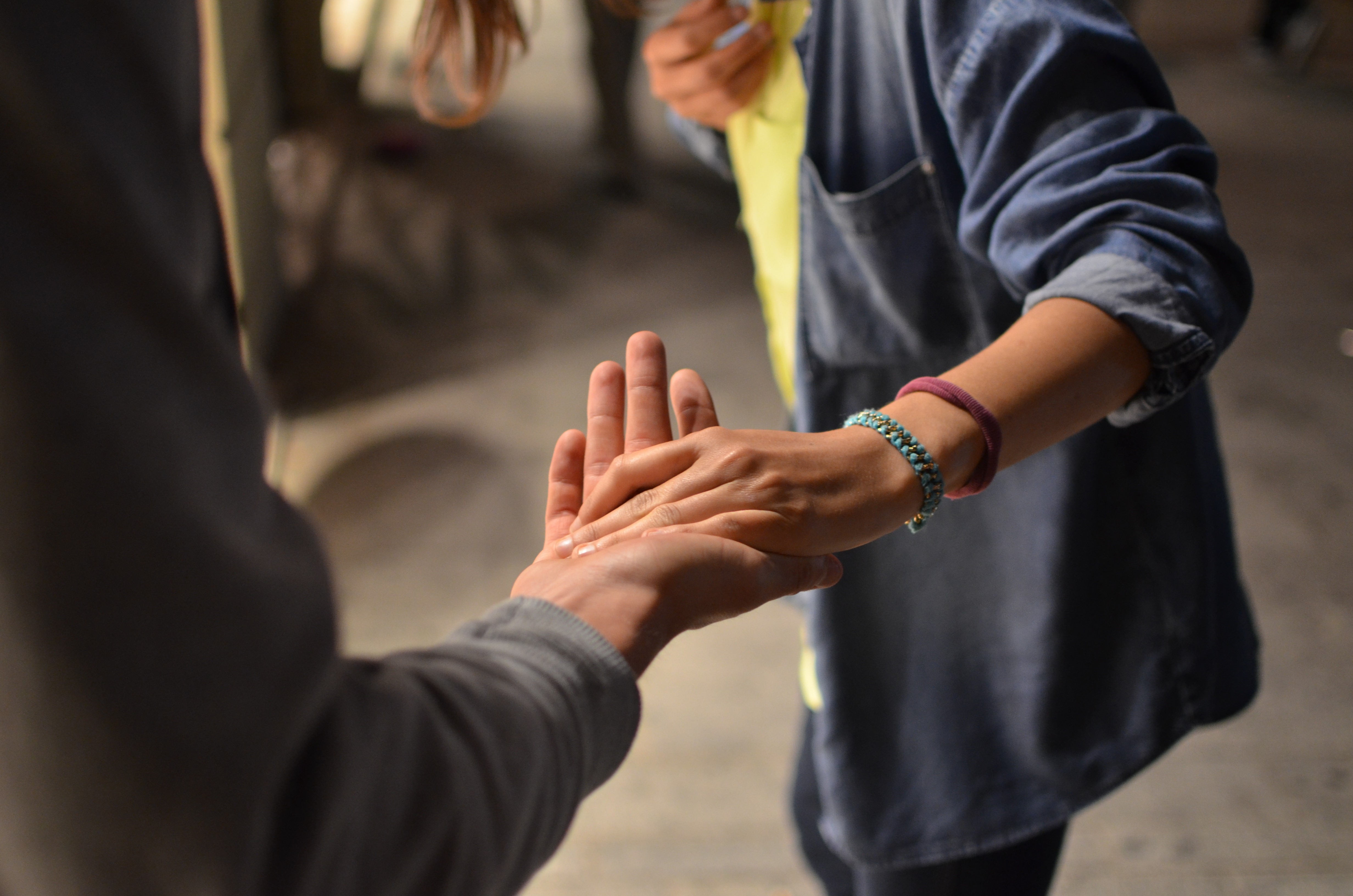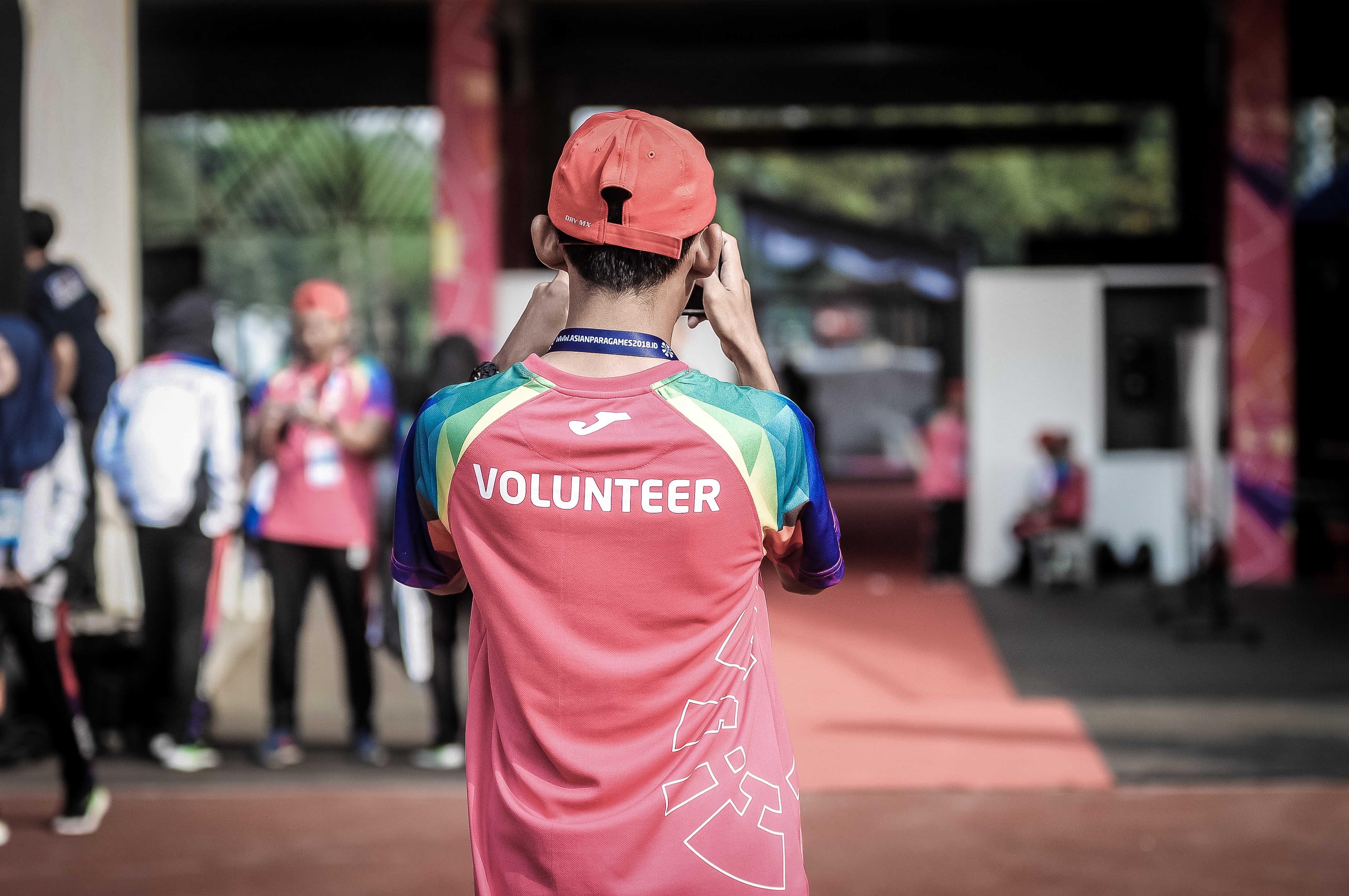Whether you go for the Duke of Edinburgh's Award or not, it is valuable to keep a record of your volunteering. It is also useful to consider what you learn from volunteering and what effect you are having through your work, partly so you can use your volunteering as an example of personal development in job interviews. Employers love to hear about volunteering that candidates have have done, and what they have learned from the experience. The next video covers a number of areas you could consider when evaluating your volunteering experience.
Playing time: 6:02
Finding the right opportunity
One of the ideas in the video is finding something you're passionate about. It's important to volunteer in a field you are passionate about, so it's often worth trying different things to explore whether they're right for you or not.

Photo by Anna Earl on Unsplash
Sometimes we think we're interested in something, but the reality is
different to what we expected - of course, that doesn't mean we can't
volunteer somewhere else instead. For example, you may want to work with new refugee migrants to help them feel welcome in your community, but the reality might be that you struggle too much with communication. Not a problem - you could shift to event organisation rather than direct interaction, or you could help a refugee advocacy group. Alternatively, you could find a different community to volunteer with. The way to learn what kind of volunteering you enjoy is to try a range of different opportunities.
Reflecting on what you enjoy (5 coins)
Complete this activity when you have begun volunteering. What sort of opportunities did you initially think would suit you? Were you correct, or have you been surprised in some way? Have you found you enjoy something you thought you wouldn't enjoy? Have you found you don't enjoy something you thought you would enjoy? Will you stick with your current volunteering opportunity or might you try something else? Share your thoughts on the 'Reflection forum'.
Taking action
Another idea from the video above is that volunteering is about taking action, pushing yourself to try new things, work with new people, and learn from new experiences.

Photo by Brian Yurasits on Unsplash
Your 'comfort zone' consists of all the things you're familiar with and comfortable doing. When you try something new and challenging, it's normal to feel a bit uncomfortable, and this is called stepping outside of your comfort zone. This discomfort is often where learning and personal growth occur.
Your learning (5 coins)
Complete the 'My learning template' by thinking about what you have done that pushed you outside of your comfort zone, and what you learnt from the experience.
Building connections
Volunteering gives you the opportunity to meet new people and build new connections. Interpersonal connections are at the heart of any community, so you will find yourself becoming a part of a community by connecting with new people.

Photo by Perry Grone on Unsplash
Your connections (5 coins)
Use the 'My connections template' to list five people you have connected with as part of your volunteering. If there is anyone you would like to connect with but have not done so yet, note their name down too and consider how you might be able to connect with them.
Caring
The strongest message in the video above is that volunteers are people who care enough to give their time in service of a cause. Receiving the gratitude of someone you have helped can be extremely rewarding.
Making a difference (5 coins)
Who have you helped through your volunteering, and how? What difference have you made to the world or the lives of others? You can share this on the 'Making a difference forum', or you can just make a note and upload it to the 'Making a difference submission' if you would prefer not to share. Be sure to maintain the privacy of the people you have helped in your response.

Photo by Rémi Walle on Unsplash




